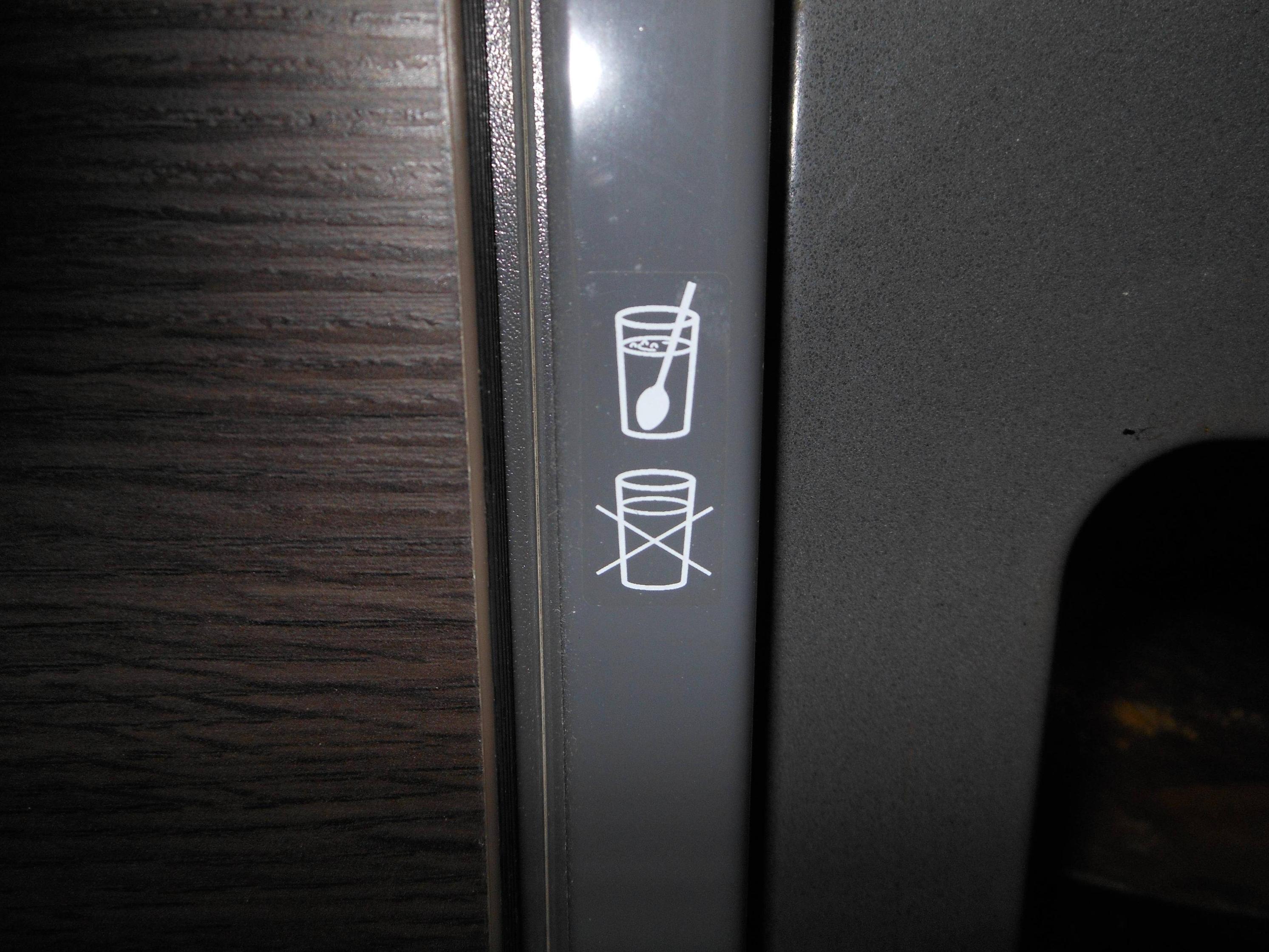Metal objects in microwave ovens are known to be somewhat dangerous.
However, my microwave has the following label stuck inside:
It seems to imply that this particular oven forbids heating drinks without a spoon. And I have been following this advice for years now, without ever getting any sparkle or explosion, so even if this pictogram was meant to be something else entirely, this oven at least has no problem with metal spoon.
Unfortunately, all I have is the label and the name of the oven. It is quite old now, and the manual is long lost. All I could find on the manufacturer's website is this page, which basically confirms that it is a microwave oven (it also contains lists of spare parts and exploded diagrams, which I guess could provide clues to an expert...).
Any idea howmy oven might work? And why would the sticker be so... imperative?

